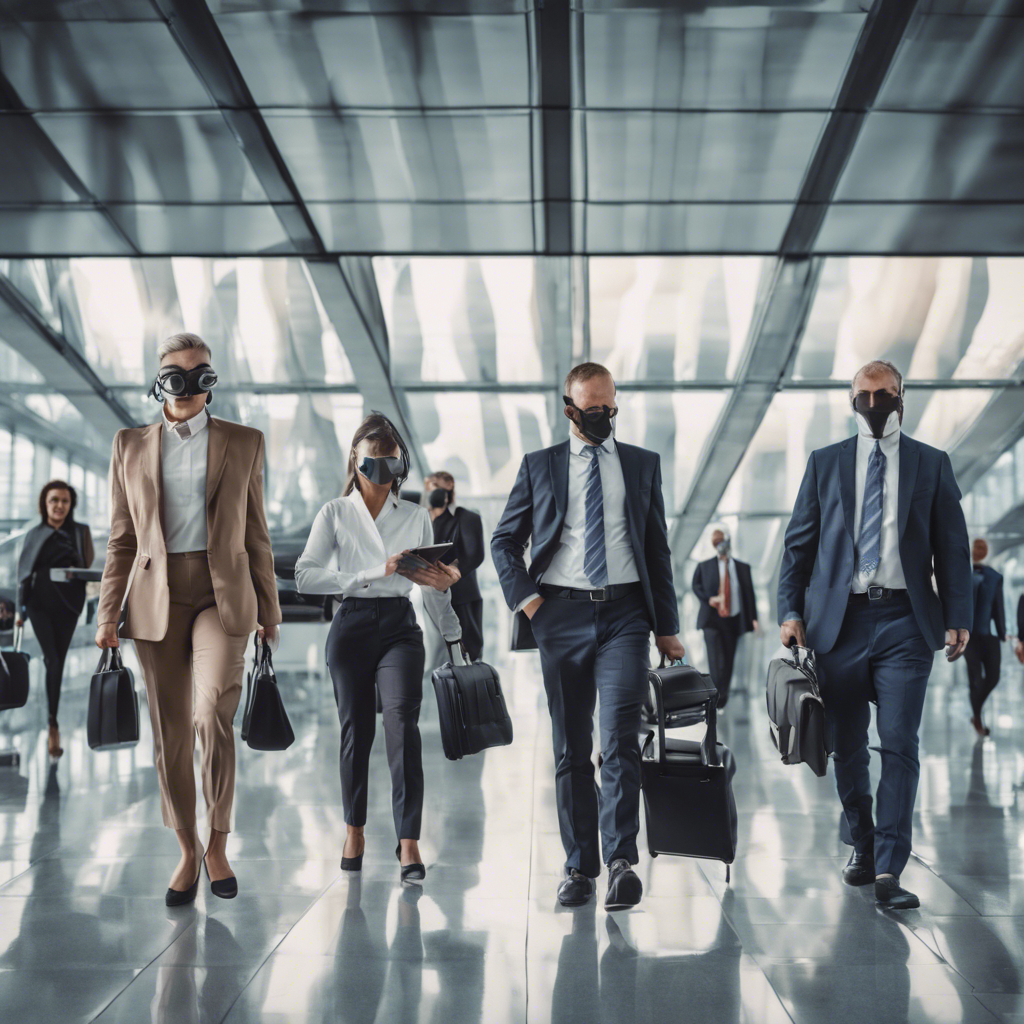The Future of Business Travel: Why the Return to Office Isn’t Bringing Back the Road Warriors

Remote work and changing work dynamics reshape the landscape of corporate travel
In early 2020, the world witnessed a seismic shift in the way white-collar professionals conducted business. As the pandemic forced people to work from home and embrace virtual meetings, many questioned the future of business travel. Would employees return to the office and resume their regular travel routines? Or had the era of the road warrior come to an end?
Contrary to expectations, the return of business travel has been far from robust. While some argue that virtual meetings have proven effective for many previously in-person meetings, the real game-changer has been the rise of remote work. The traditional notion of a “return to office” fails to account for this fundamental shift in work dynamics.
The Challenges of Coordinating In-Person Meetings
With a significant portion of the workforce no longer reporting to the office every day, coordinating in-person meetings with clients has become more challenging. While it still occurs, the process is more involved, requiring careful scheduling to ensure that the right individuals are available. The days of overlapping schedules and spontaneous face-to-face interactions have become less common.
The Decline of the Road Warrior Consultant
A significant driver of business travel in the past was the road warrior consultant, who would spend Monday to Thursday traveling to client offices for on-site work. However, this practice has largely diminished. As clients themselves adopt flexible work arrangements, consultants no longer need to be physically present in the office. The need for extensive on-site consulting has diminished, further dampening the demand for business travel.
The Rise of Remote Work
One crucial aspect to consider is the increase in remote work. Even individuals with office jobs are no longer working from the office every day. The prevalence of remote work has more than tripled compared to pre-pandemic levels, according to CNBC. This shift has a profound impact on business travel, as the need for face-to-face interactions decreases when colleagues are not physically present in the office.
The Changing Face of Airline Customers
While managed business travel continues to lag, there has been a shift in the profile of airline customers. More professionals find themselves taking trips for a variety of reasons, including team-building exercises, quarterly meetings, or annual gatherings. This new breed of travelers often combines business and leisure, bringing their families along. As a result, airlines must adapt to cater to the evolving needs and preferences of this changing customer base.
Conclusion:
The future of business travel is undergoing a profound transformation. The notion of a complete return to pre-pandemic levels seems increasingly unlikely. Remote work, changing work dynamics, and the decline of the road warrior consultant have reshaped the landscape of corporate travel. While virtual meetings have proven effective for certain types of interactions, there remains a need for in-person collaboration and team-building. Airlines and travel providers must adapt to this new reality, embracing flexibility and catering to the evolving needs of their customers. As the world continues to navigate the post-pandemic era, the future of business travel will undoubtedly be marked by a delicate balance between virtual and physical interactions.

